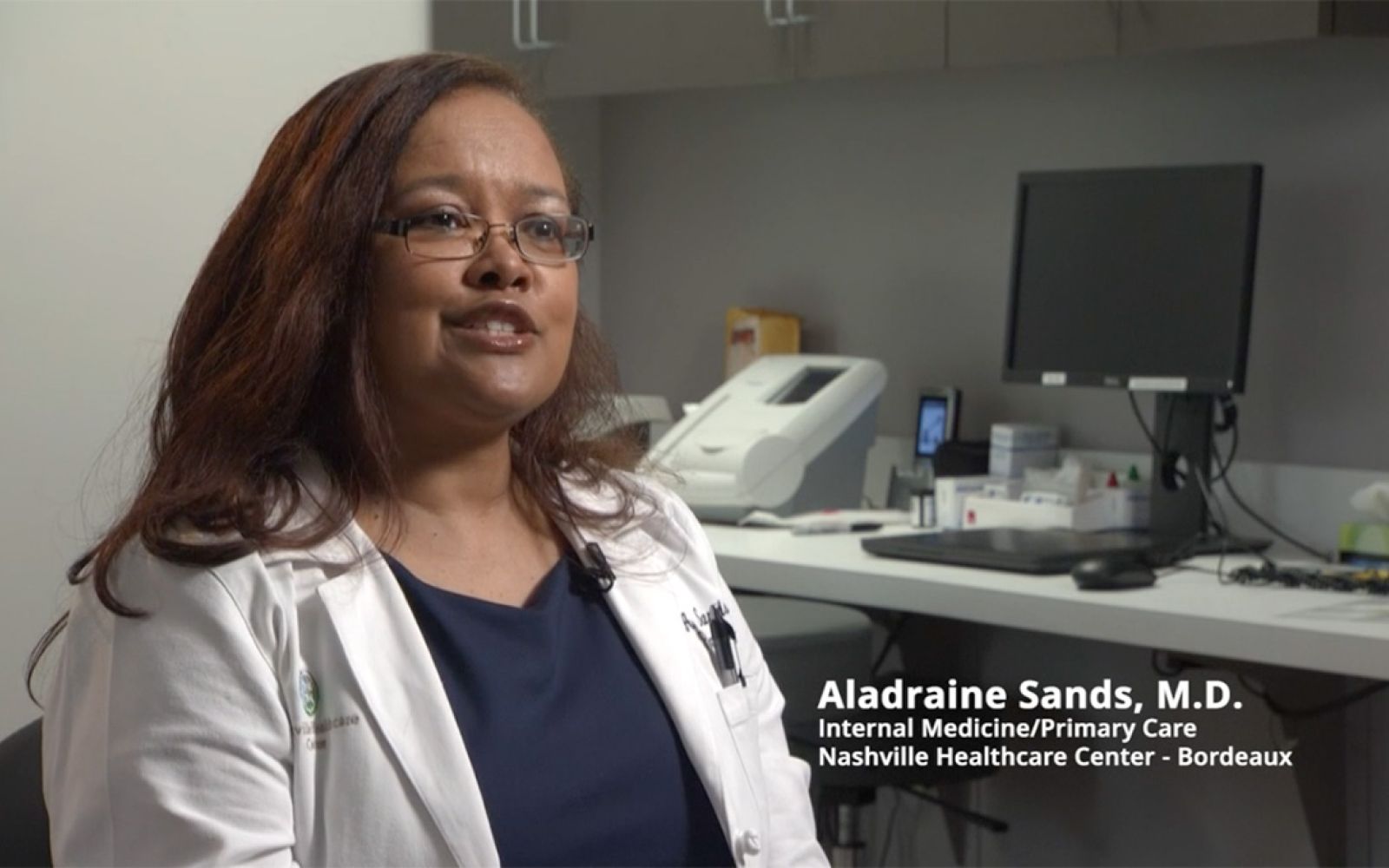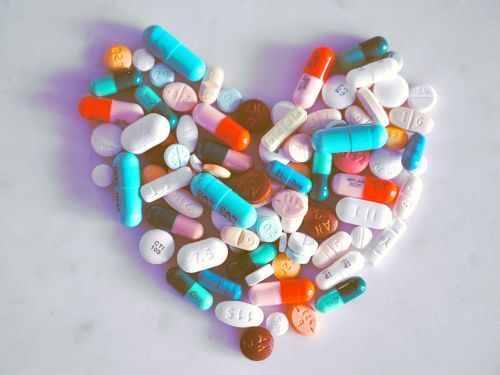For Your Good Health™: Getting the Most from Your Physician Appointment
Dr. Sands, the medical director for the Nashville Heath Clinic at Bordeaux, walks us through what to do before, during and after a visit with your physician.

For Your Good Health is a local public television program presented by NPT. In this episode, Dr. Sands emphasizes the importance of making a list of your previous medical conditions, being prepared to bring all your medications to the appointment, making a list of your concerns – and being honest with your doctor.
before your visit, it's really important to understand what type of visit you're going in for.
If it's a preventive exam, or if it's your initial exam to establish, or follow up visit, the doctor needs different information from you.
My name is Dr. Sands, I'm a medical director for Nashville Healthcare Center at Bordeaux.
On today's "For Your Good Health," I have some tips on how to get the most out of your doctor's visit.
It's helpful for you to make a list of your previous medical conditions, as well as be prepared to bring all your medications in, as well as the over-the-counter medicines that you're taking.
Make a list of your concerns, your health concerns, your symptoms, and be able to discuss the timeframe for those with your provider.
And also to prepare for your visit, it's helpful to make sure that you have clarity on your medical history, your family history is helpful, your habits, things like that.
During the visit, it's very helpful to be as honest as possible, even though there might be some things that make you uncomfortable.
Make sure that you let your provider know what things are safe to talk about, what things you're uncomfortable talking about, and just discuss your concerns in general, and ask any general questions that you might have.
It's helpful to have a buddy especially if you need help remembering, or having clarity of understanding.
It's always helpful to have a person there with you for support as well.
Notes are important, they help you remember, and also they'll help you be efficient in between your visits.
Taking notes is very acceptable and encouraged.
Repeating what the doctor says confirms that you have a good understanding.
And also we'll let the doctor know if there's any gaps that need to be filled in as far as information that you need.
After the visit your job is to follow instructions, to monitor your health, whether that's keeping your numbers, your blood sugar, your blood pressure, and keeping track of log is helpful, but also making sure that you take your medications properly, you have to read your labels.
And if you have any questions about your medications, it's very important that as soon as you can call your doctor's office to get your questions answered.
Earlier is better than waiting, or trying to get your information from other unreliable sources.
It's really important to call the doctor as soon as you have that question come into your mind.
It's important for you to schedule the appointment before you leave the office so that the doctors knows when you're coming back, and can make sure that you have enough medications to last, and also to make sure that you stay on track with your health needs.
Following these tips will help you get the most out of your doctor's visit.
I hope they were helpful.



